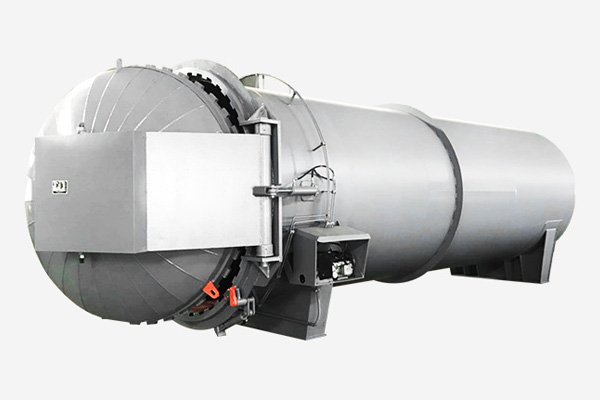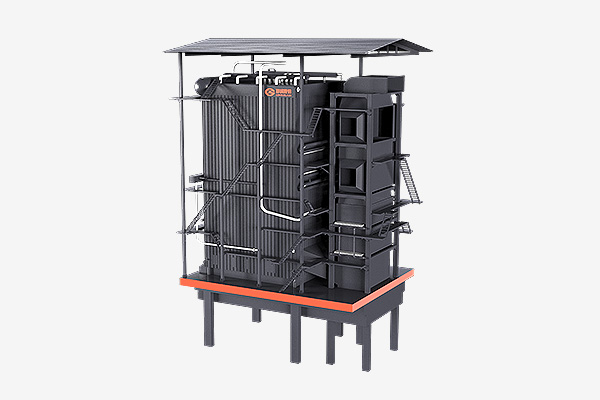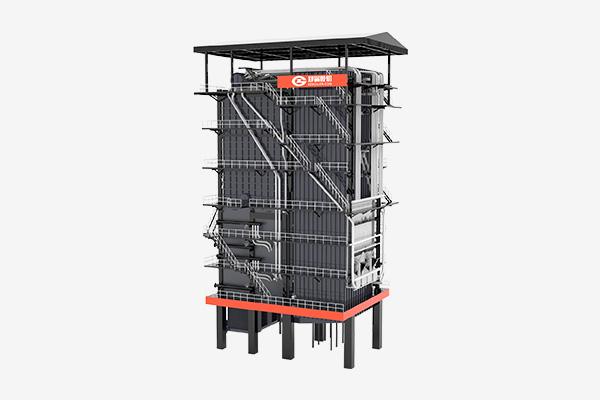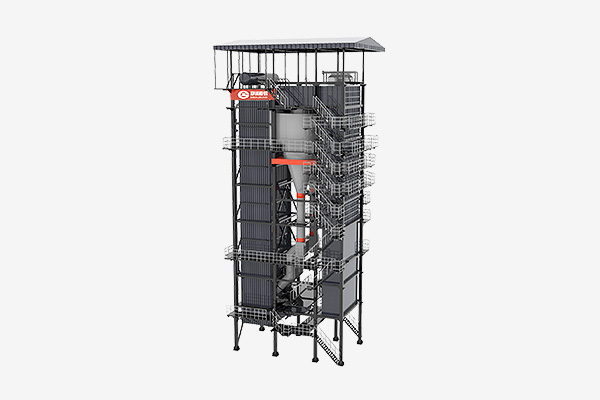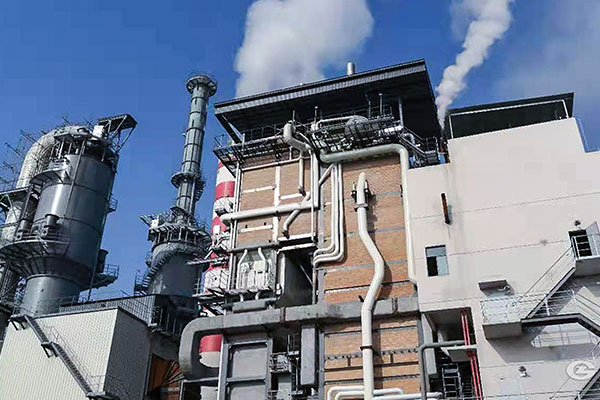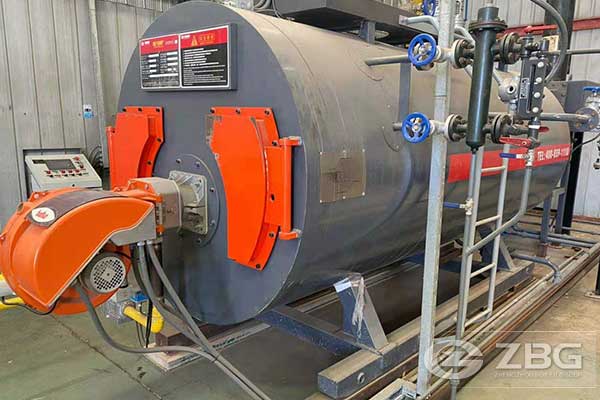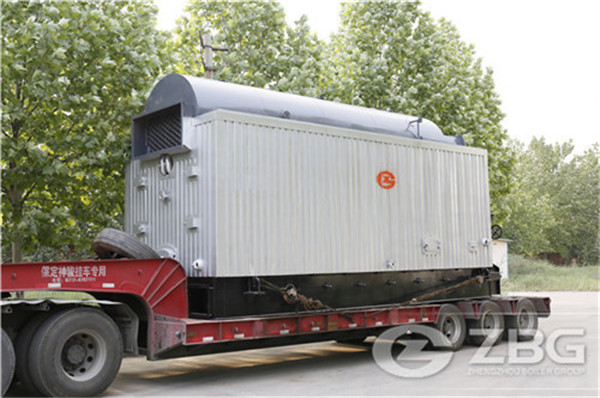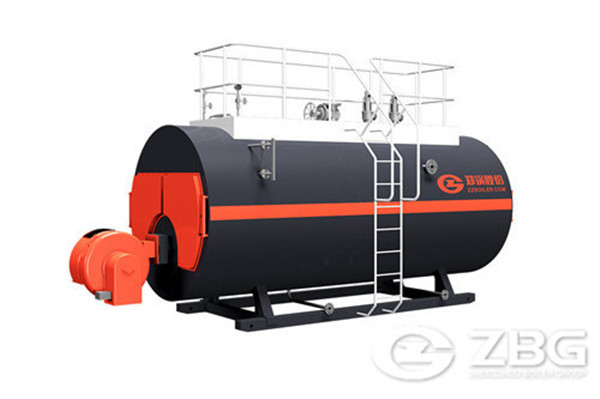Bamboo Biomass as Fuel for Power Plant
2018-04-08 15:16:36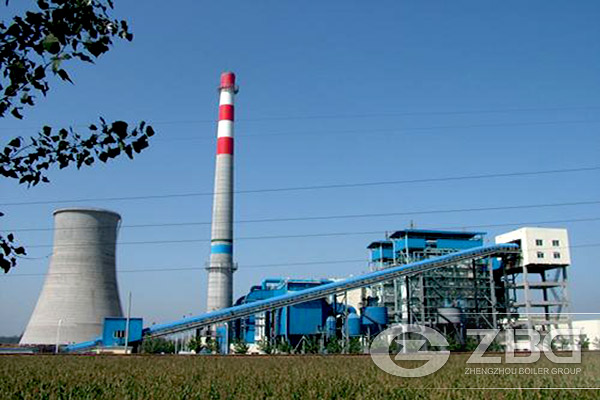
There are 1500 bamboo species in the world and more than 20 million bamboo forests and plantation. China is the country with the richest bamboo resource. More than 500 bamboo species grow in 20 provinces of China and cover 4.2 million ha land.
Bamboo has been recognized as the fastest growing plant species in the world with very favorable characteristics for gasification and the synthesis of gasoline and diesel. Bamboo has a number of desirable fuel characteristics such as low ash content and alkali index. Its heating value is higher than most agricultural residues, grasses and straw. Besides bamboo has high biomass productivity, self-regeneration, sustainable basis and environmental friendly functions , this should be considered as the best amongst other known biomass resources.
Bamboo is the plant of family Gramineae (grass family), chiefly of warm or tropical and subtropical regions, where it is sometimes an extremely important component of the vegetation. It is most abundant in the monsoon area of East Asia.
There are 2 ways to generate electricity from bamboo biomass: through gasification and conventional combustion. Gasification is most suited to small-scale power generation, such as in remote off-grid areas. For larger scale power generation, such as industries that require high levels of heating and cooling, conventional combustion is recommended. This process generates both heat and power, and is well suited to wood processing industries, such as sawmills or district heating systems.
Any questions about bamboo biomass as fuel for power plant, please consult our online customer service.
For all inquiries, please fill in the form below (* are required) to send us a brief message, and we will get back to you as soon as possible.
